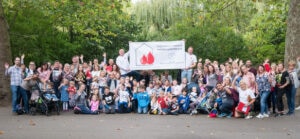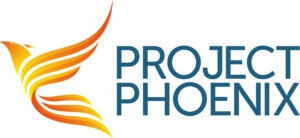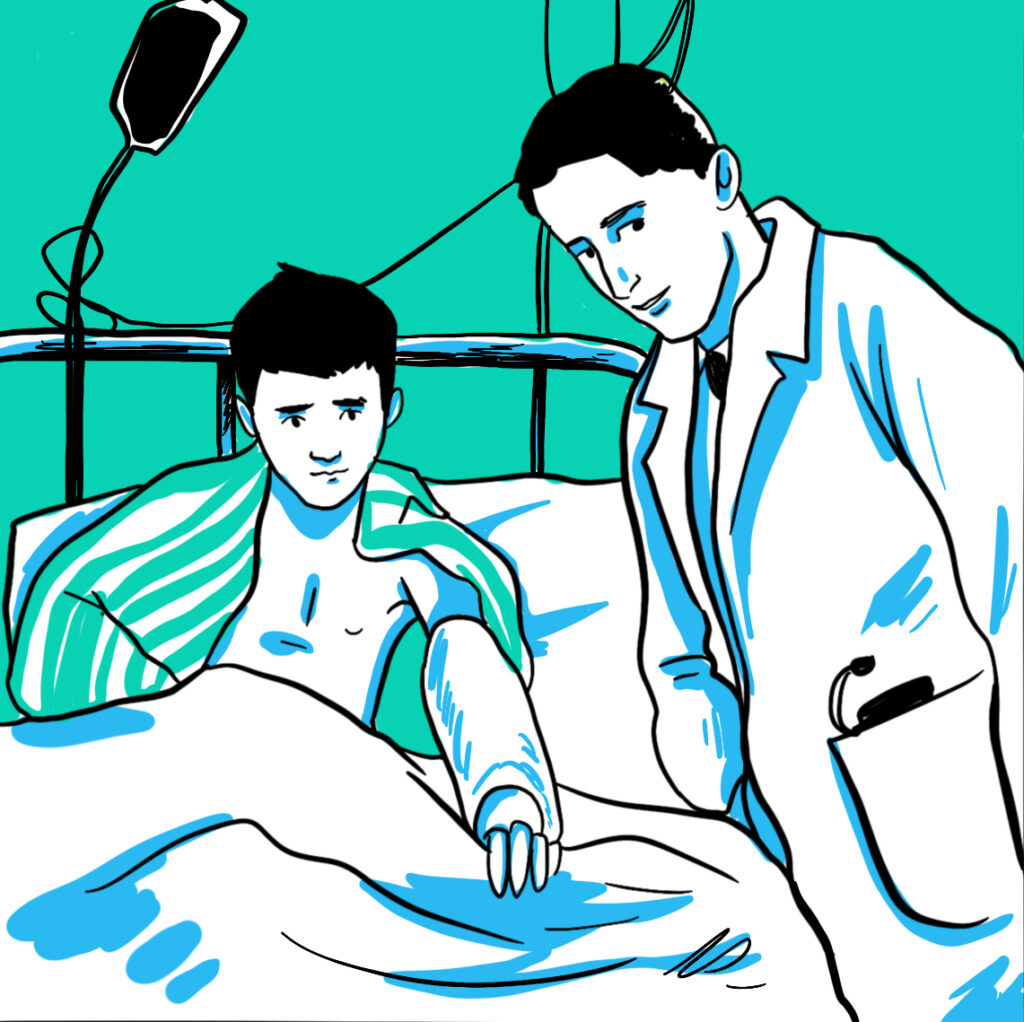Family focus
Bleeding disorders are usually inherited, so understanding how a bleeding disorder fits into family history is important. But even when this knowledge is shared, it can be difficult to ensure that everyone affected is able to access the care they need. Haemnet’s Project Phoenix found that this was a concern for many people affected by bleeding disorders – and particularly where women and girls who carry the haemophilia gene are involved.
Project Phoenix looked into the changes in care that could make a real difference to the lives of people with bleeding disorders living in the UK. As part of this, I was involved in speaking with people with bleeding disorders and their families in a series of one-to-one interviews and group discussions.
Interestingly, we saw that just taking part in these sessions had a real, positive impact on the people we spoke with. Just being able to share personal experiences and listen to others was of huge benefit and showed how important it is for people in the bleeding disorders community to be connected. We heard both positive and negative experiences about family-focused care – or a lack of it – as the animation ‘No patient is an island’ shows.
Blood lines and bleeding disorders
We found that when people with bleeding disorders and their families felt well supported by their care team, they felt that their emotional wellbeing was cared for as much as their physical wellbeing. They also felt involved in decisions about their treatment and care, and that their whole family was considered. This group tended to have a much more positive and balanced outlook on how they would and could live life with a bleeding disorder.
Where there was a known family history of a bleeding disorder, the people we spoke with also tended to be more positive about living with their condition. Having conversations within the family and having a shared understanding made a big difference and generally meant they didn’t feel ‘different’ or isolated.
However, we also spoke with families affected by bleeding disorders who had very different experiences. Sometimes, the family history was only discovered – or rediscovered – after the birth of an affected child. At this point, it’s important that everyone in the family finds out more and that inheritance patterns are understood. And it’s also important that care teams ensure that care for the whole family is in place – including women and girls.
We need to make sure that there is equitable access to family-focused bleeding disorders care no matter where you live in the UK or what treatment centre you attend. Alongside that, where families find themselves ‘newly’ affected by a bleeding disorder, it’s important that they are supported. Care teams are, of course, key here – but just speaking with someone who has the same condition can help too. As a carrier of haemophilia A myself and a mother of children affected by haemophilia, I have seen this first-hand.
Being part of a bigger family
I am part of Local families with bleeding disorders (Lfwbd), a charity set up by families living with bleeding disorders in London and the South East – but we’re open to contact with any families living with a bleeding disorder anywhere in the UK.

We offer support for families with bleeding disorders by families with bleeding disorders, and we believe in the importance of being connected with others to share, empathise, laugh and cry. Even where experiences differ, there is often no better way to learn than from someone else living with the same condition.
The positive connections, bonding experiences and friendships enabled by our group provide support for everyone in the family. We would like to see this family focus across the board in bleeding disorders care too.

About the author
Lisa Steadman is a carrier of haemophilia A and has a son who has severe haemophilia with inhibitors. Lisa works as an independent researcher often partnering with Haemnet on studies. She is the chair of Lfwbd, a charity that supports families living with bleeding disorders.


